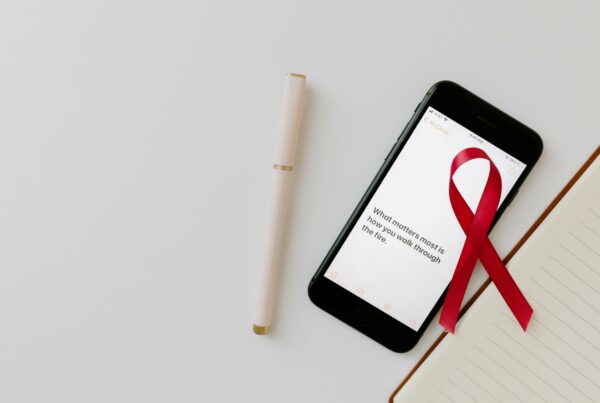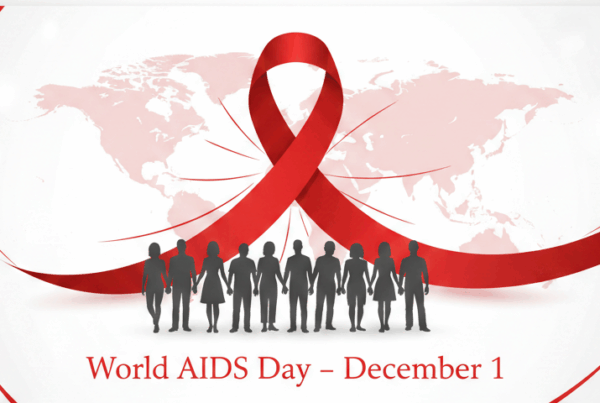World AIDS Day, observed on December 1st each year, is a global event dedicated to raising awareness about HIV/AIDS, showing support for those living with the disease, and remembering those who have died from AIDS-related illnesses. It was first held in 1988 and is recognized by governments, health organizations, and communities worldwide. The day serves as a reminder of the ongoing fight against HIV, the importance of prevention, testing, treatment, and combating stigma and discrimination. The red ribbon, symbolizing support for people living with HIV, is commonly worn on this day.
The significance of World AIDS Day lies in its role as a global reminder and call to action in the ongoing fight against HIV/AIDS. Here are some key aspects of its importance:
- Raising Awareness: It helps to educate people about HIV, how it is transmitted, how to prevent it, and the importance of regular testing. Awareness is critical in reducing the spread of HIV and dispelling myths and misconceptions.
- Encouraging Testing and Treatment: World AIDS Day emphasizes the importance of HIV testing and seeking treatment. Early diagnosis and access to antiretroviral therapy (ART) can help individuals live longer, healthier lives and prevent the transmission of the virus to others.
- Supporting Affected Individuals: The day shows solidarity with those living with HIV/AIDS, offering emotional support, reducing stigma, and advocating for their rights. It reminds people that those affected by HIV/AIDS are not alone.
- Commemorating Lives Lost: World AIDS Day honors the millions of lives lost to AIDS-related illnesses, serving as a moment to remember those who have died and celebrate the progress made in treatment and prevention.
- Promoting Global Action: The day encourages governments, organizations, and individuals to work together to reduce the global HIV burden. It draws attention to regions and communities still facing high HIV infection rates, emphasizing the need for continued resources and action.
World AIDS Day is vital for continuing the fight against HIV, promoting education, access to treatment, and ending the stigma surrounding the disease.




